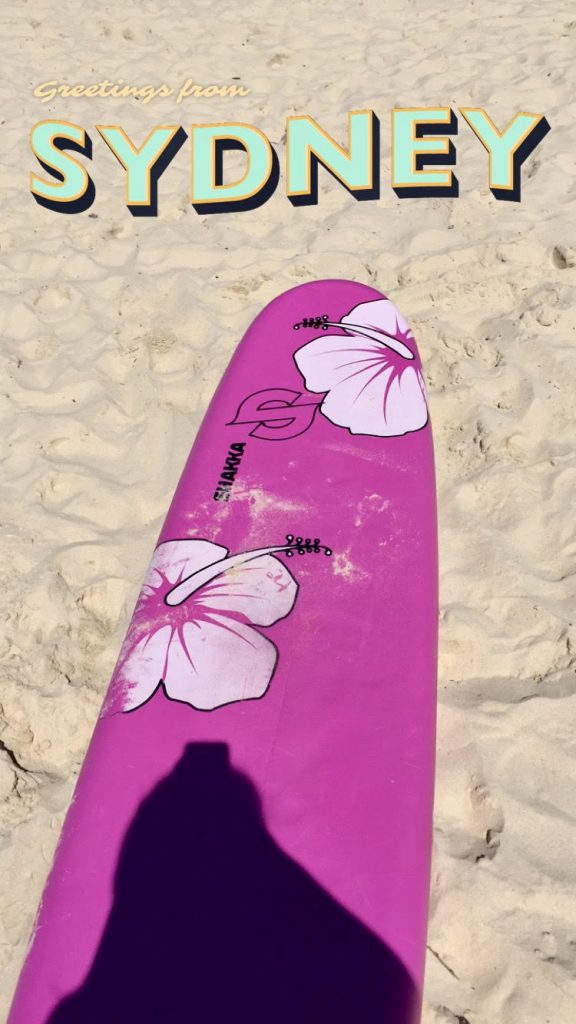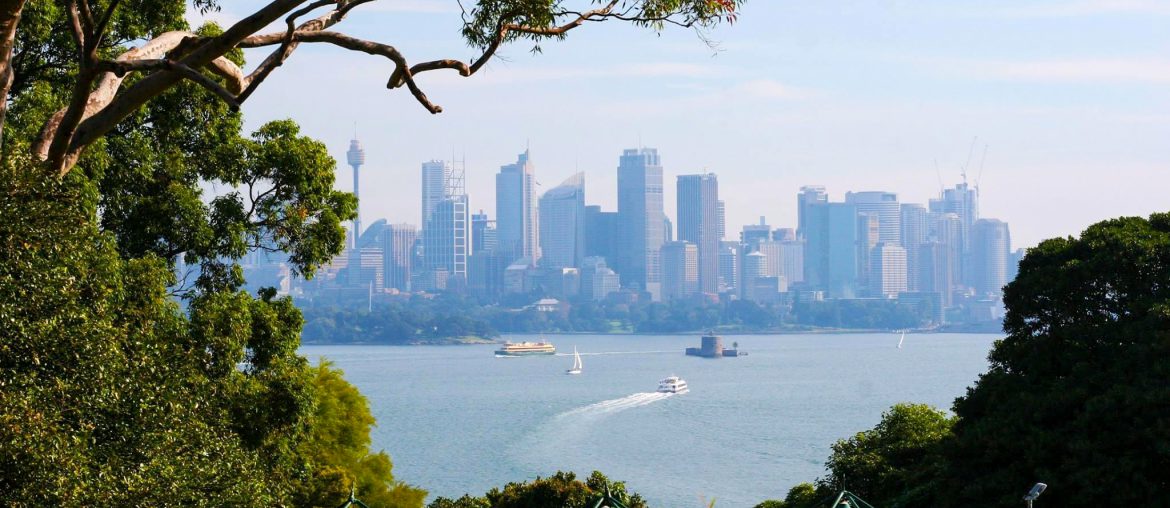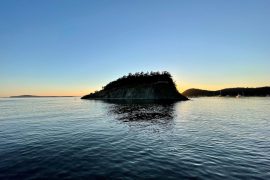 This feels like a lifetime ago but I still get questions on how I lived in Australia after college! The answer is a working holiday visa (I did a tourist visa too because I wanted to stay longer). In this post I’ll go through how to get a working holiday visa, traveling the coast of Australia, and how I found work/housing etc. I backpacked for a little over 2 months and fell in love with Sydney along the way, so that’s where I ended up settling down. My experiences below are based off Sydney in 2016 but I would imagine most cities would be similar.
This feels like a lifetime ago but I still get questions on how I lived in Australia after college! The answer is a working holiday visa (I did a tourist visa too because I wanted to stay longer). In this post I’ll go through how to get a working holiday visa, traveling the coast of Australia, and how I found work/housing etc. I backpacked for a little over 2 months and fell in love with Sydney along the way, so that’s where I ended up settling down. My experiences below are based off Sydney in 2016 but I would imagine most cities would be similar.
Working holiday visa (Subclass 417) is available in Australia for young adults who want an extended holiday in Australia and want to work there to fund it. It is for people 18-30 years old (or 35 for some countries) and can now be extended 3 times! I am from the United States so the age limit for us is 30.
Below are some resources for getting settled in!
Phone: It’s super easy to setup a cell plan in Australia. I used a Telstra pre-paid SIM card in my iphone to get a local number, data/cell service. But as every seasoned backpacker knows places with wi-fi are your best friend. Save calls back home for facetime/facetime audio or whatsapp when connected to wi-fi. If you are going to stay in Australia long term definitely get a local plan, if not I have a T-Mobile international plan for $10/month and I love it for all my travels, it does however typically have slower data loading times.
Tip: make sure your phone is unlocked before you travel so that you can use a different network. I had T-Mobile so this wasn’t an issue, but with some providers like Verizon you need to talk with them in advance.
Bank: You’re going to want to setup a local bank account before you start working. I setup an account through Commonwealth Bank of Australia (CBA). You have the option to do this in advance and have the card sent to a branch nearby where you anticipate settling, or you can wait until you get there and have a local address to provide like I did. You’ll need your passport with you when opening an account.
Accommodation: Unless you want to book accommodation before you leave you are probably going to want to stay at a hostel at first so you can get familiar with the neighborhoods you like, tour potential housing in person, and meet your prospective flat mates. Hotels in Sydney are extremely expensive, so I highly recommend staying in a hostel while sorting out your living situation.
I did two “houseshares” while I lived in Sydney which was great because I wasn’t responsible for signing the lease. It makes it easier to find an awesome place if the lease is under and Australian resident and you are their house mate. The best places to look for house shares are Flatmates, GumTree, and Facebook groups. A really popular Facebook group to find housing and jobs on is “Irish around Sydney.” You don’t have to be Irish to join and a majority of people in the group are on a Working Holiday Visa so it’s an amazing place to find referrals. There is a lot of competition for good places so make sure that you reply immediately and setup a viewing so that they can meet you.
If you are in love with a certain neighborhood and think you are going to be there the whole year then looking for an independent rental and signing your own lease will likely save you money. Keep in mind this is more work to setup because they are often unfurnished and you are setting up your own utilities. You can setup with an agency such as RealEstate.
Areas I lived: North Bondi Beach, Paddington, Pyrmont (right off Darling Harbor). I liked all of these neighborhoods and they all provided a unique experience. It’s important to keep in mind how long your commute to work will be, but if you are working remote you can find some amazing deal on the beach in places like Coogee, Maroubra, or maybe even Mosman. Most of my jobs were in the CBD (central business district).
Work: Finding work can be tricky because there are so many people in Australia on a working holiday visa and there are restrictions on the visa for working at one place for over 6 months, so some places won’t want to hire you even in you are qualified. Before you go narrow down the kind of work that you want to do. The most common jobs are in hospitality working at a: café, restaurant, hotel, bar, etc. If you have skills in these areas you should be able to find something easily! You can also find cool side gigs in hospitality, for example I bartended on a yacht when they would do special events. If you end up wanting to do hospitality work then you are going to need to get an RSA before applying for jobs! This stands for Responsible Service of Alcohol and is required for anyone working at an establishment that serves alcohol. Australians know how to party, so most places do. Australia pays a living wage, when I was there it was $20 an hour and weekends and holidays were much more.
Corporate work is a little trickier to find but getting set up in a skilled job increases your likelihood of getting sponsored if you end up wanting to stay in Australia long term – a lot of people do! If you’re going to Australia with a good amount of skilled work and experience under your belt then I recommend using a recruiting agency to help find you a job. Common “skilled” jobs are IT, engineering, recruiting, etc.
Other job ideas: event staff, construction, Au Pair, scuba instructor, deck hand.
These are my biggest tips from my time in Oz! I hope it helps you prepare for one of the best decisions of your life. If you have questions reach out in the comments or let me know if you would like a part two!
xx, Rocky




